Does Altering A Dataset Merit Retraction?

Send us a link

Study on hydroxychloroquine by Didier Raoult and colleagues gets pulled on ethical and scientific grounds

The retraction of academic papers often functions as an indictment against the reputation of a researcher. For retractions to function as an effective corrective to the scholarly record, they need shed this reputation.
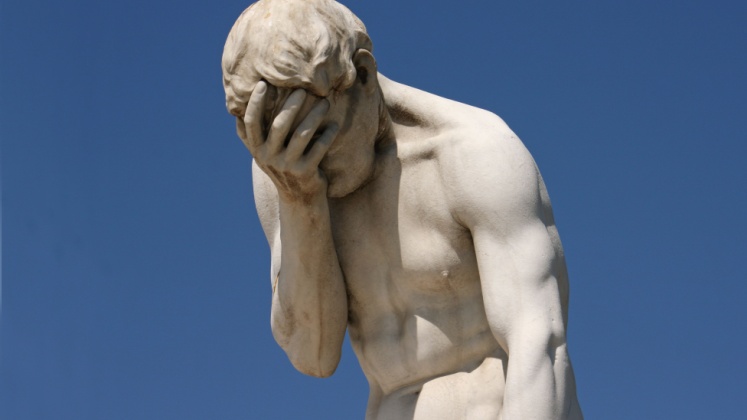
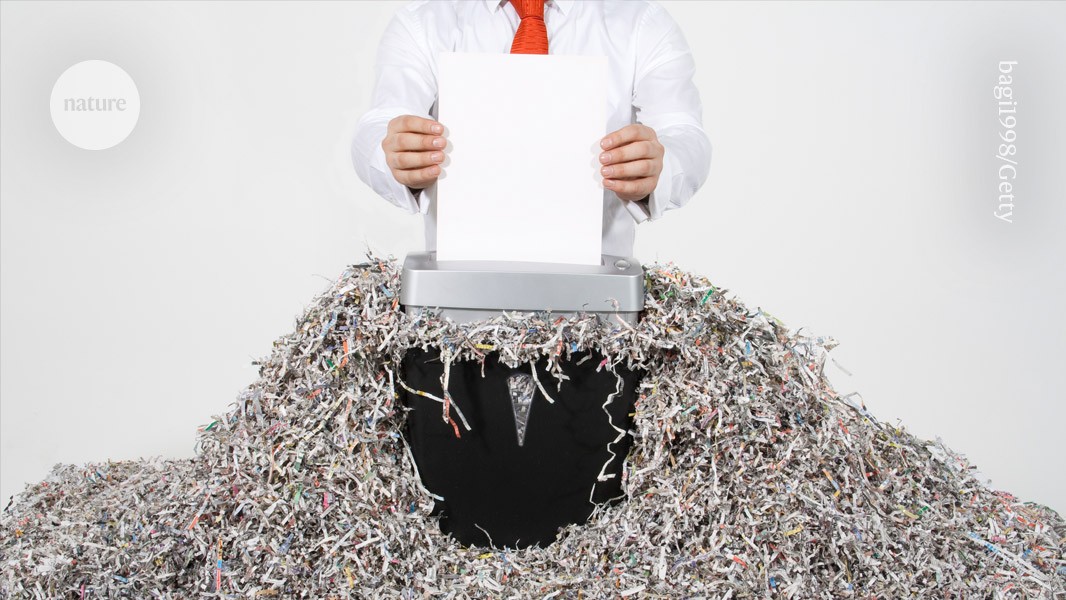
Retractions are the stuff of nightmares for most academics. But they aren't necessarily a career obstacle, and sometimes may be the only way forward, according to Andrew P. Anderson.
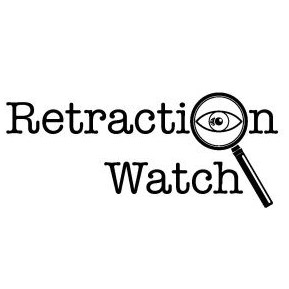
Scientific fraud has been a problem from the beginning of documented science - but in recent years the issue has exploded.
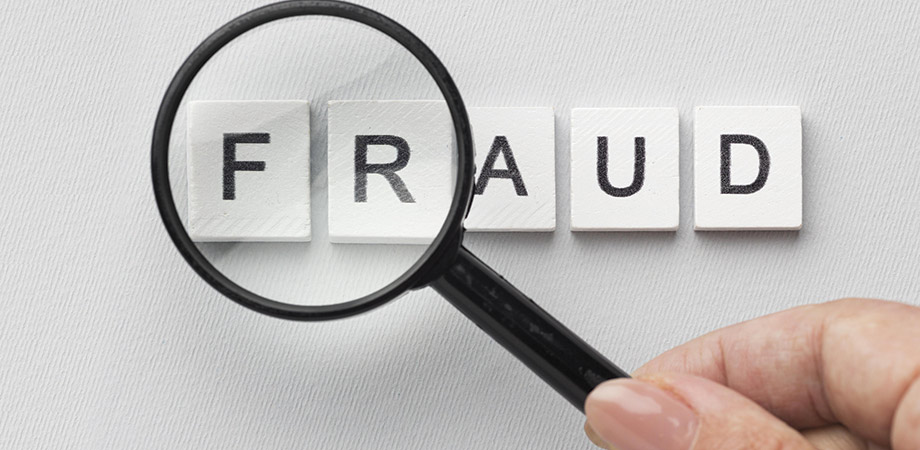
Predatory journals - even the term is controversial - have been a vexing problem for many years, and have certainly been a subject of coverage at Retraction Watch and elsewhere.

Researchers found 127 systematic reviews and clinical guidelines that cited already retracted papers.

Retraction Watch has witnessed a retraction boom since its founding 12 years ago. But the scientific community must do much more.

Hundreds of junk-science papers have been retracted from reputable journals after fraudsters used 'special issues' to manipulate the publication process. And the problem is growing.

In today's post, Alice Meadows interviews Jodi Schneider of the University of Illinois Urbana-Champaign about the work she's leading to reduce the inadvertent spread of retracted research.
The nonsensical computer-generated articles, spotted years after the problem was first seen, could lead to a wave of retractions.
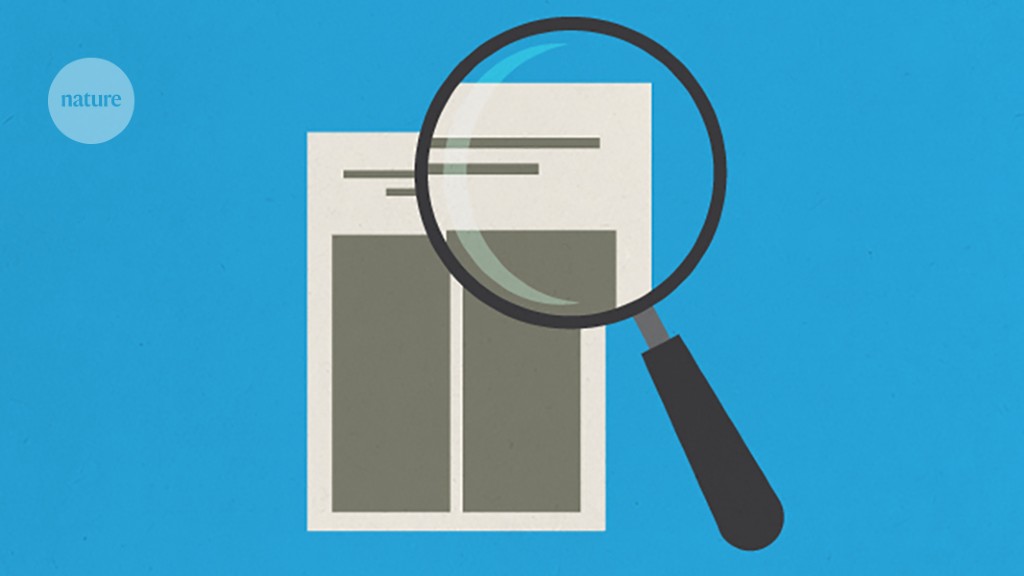
Some publishers say they are battling industrialized cheating. A Nature analysis examines the 'paper mill' problem - and how editors are trying to cope.
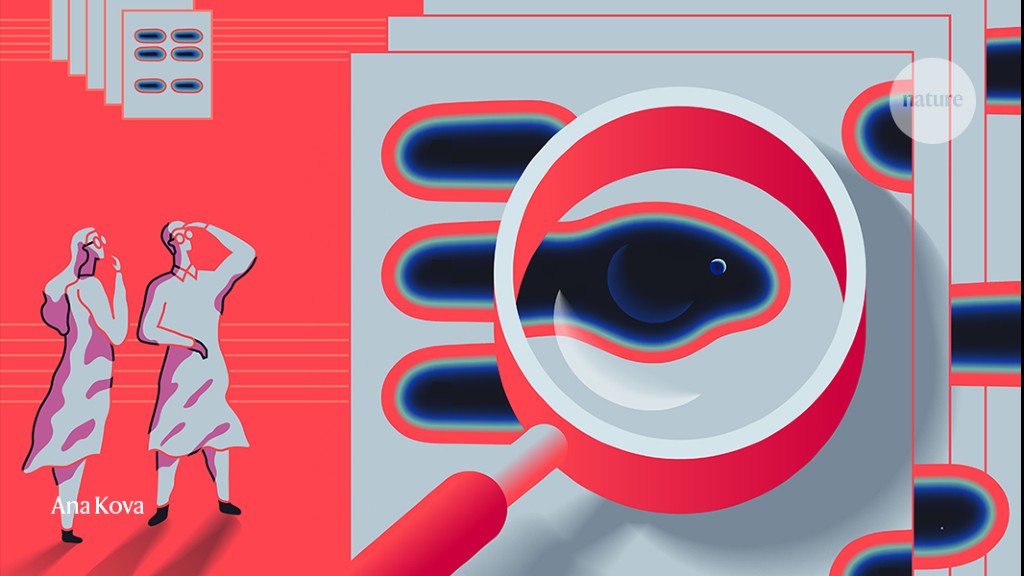
At the risk of breaking the Fourth Wall, here's a story about peer reviews that weren't - and shouldn't have been.

A preprint promoted by a member of the UK Parliament for claiming to show that vitamin D led to an “80% reduction in need for ICU and a 60% reduction in deaths” has been removed from a server used by The Lancet family of journals.
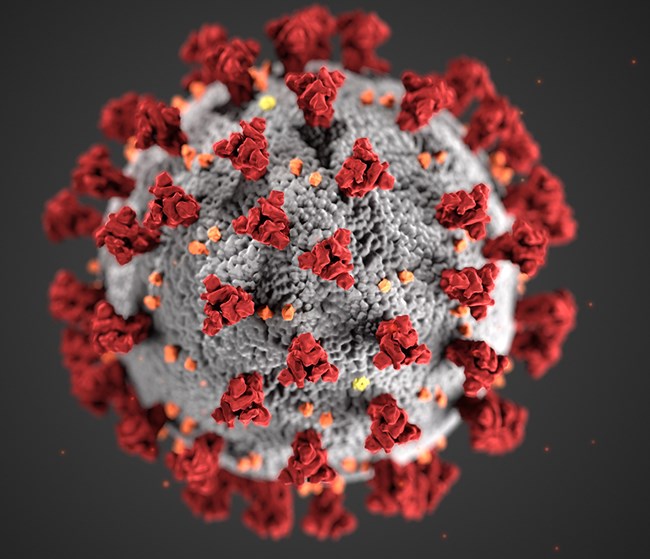
Questioned psychology papers linger on in meta-analyses.

Most researchers don't intend to cite retracted papers, but it can have serious consequences for science.
New policy comes after serious quality control questions were raised about the data relied on by a study in the medical journal

The editors of the Lancet Group examined The Lancet's peer-review processes to identify ways of further reducing risks of research and publication misconduct.
Science has issued an expression of concern for a paper it published earlier this summer after readers pointed out suspect images in the work.
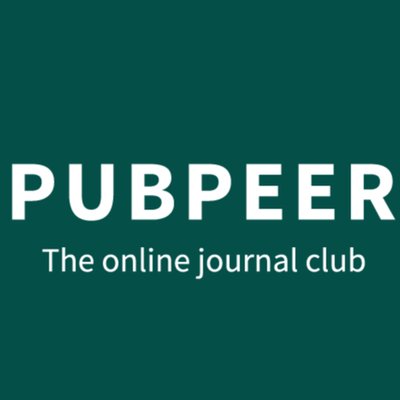
Retraction Watch looks back at some lessons learned.
A public health journal will be retracting a paper that argued for the adoption of homeopathy in the fight against the coronavirus pandemic, according to the editor in chief.
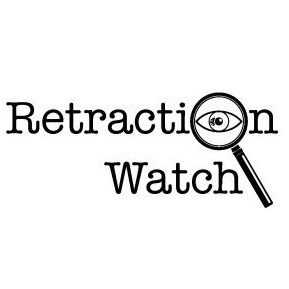
Nature has retracted a recent commentary after the author complained that he had been misled by the relationship of the publication to a financial sponsor and told to avoid critiquing work from the institution. The journal says it is revisiting its “editorial guidelines and processes” in the wake of the case.

A report on masks relied on unfounded assumptions, researchers charged, and the authors were permitted to choose their own reviewers.
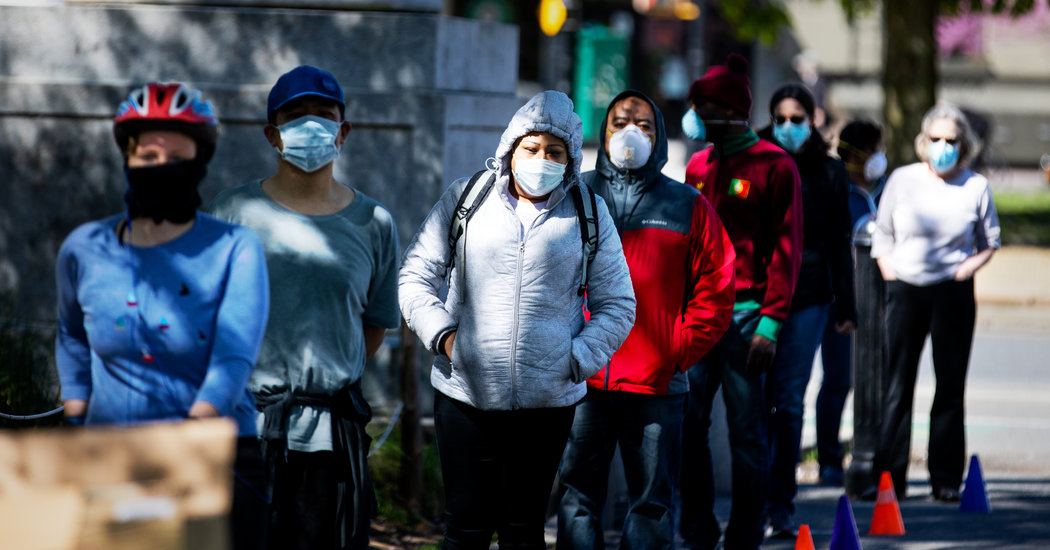
Don't blame last week's journal retractions on the scary pace of the pandemic. "Once-in-a-lifetime" scandals like this seem to happen all the time.
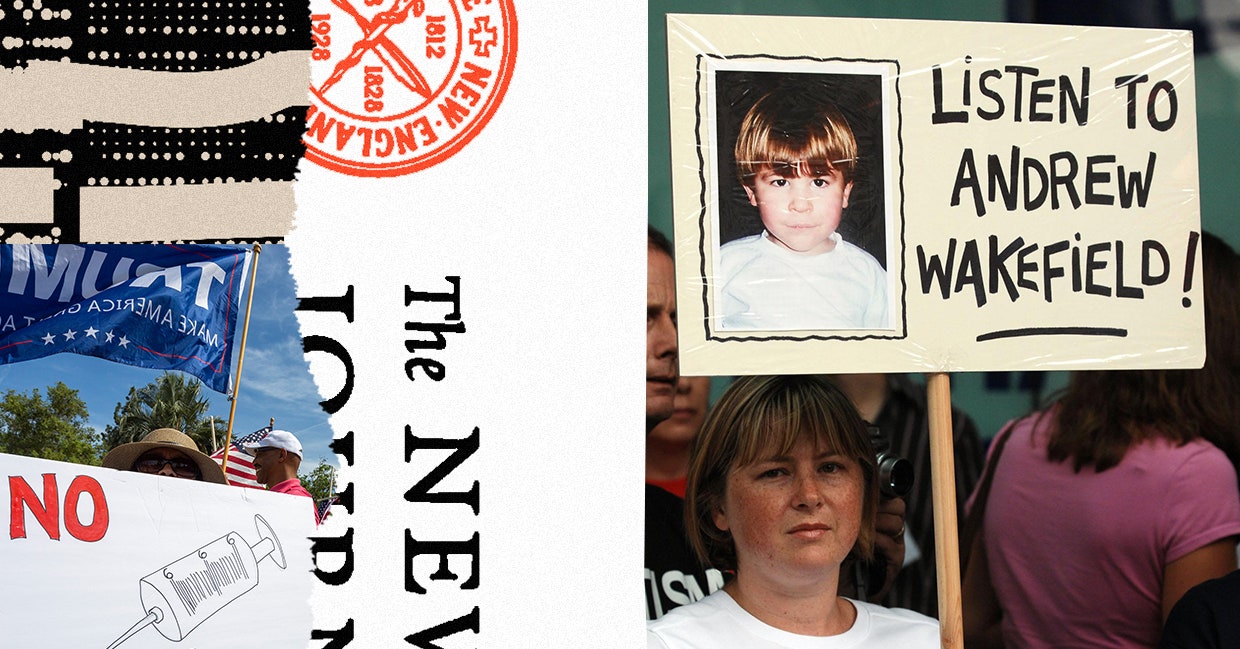
The decision comes as new details emerge in the scandal that has ignited a firestorm of controversy in the scientific community.

The now retracted paper halted hydroxychloroquine trials. Studies like this determine how people live or die tomorrow.
